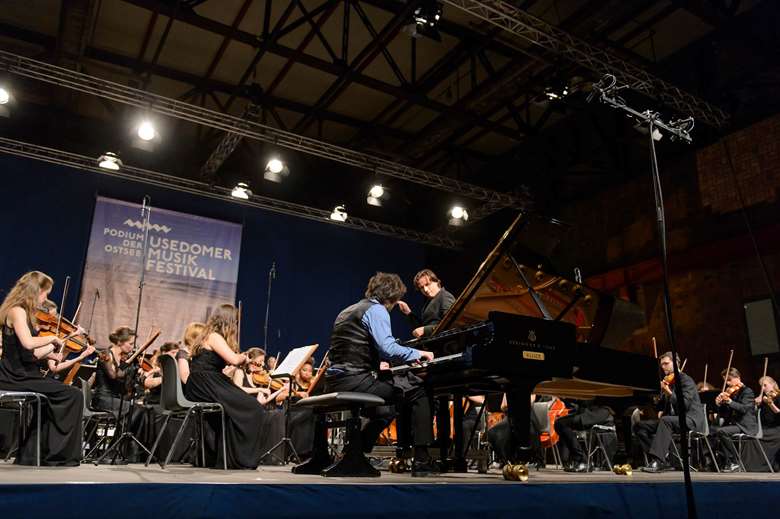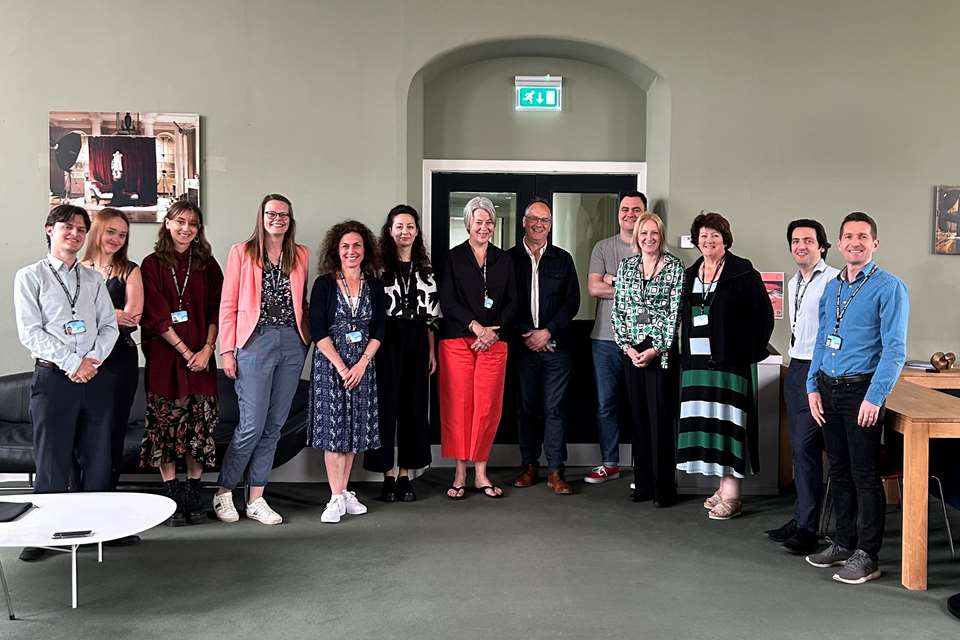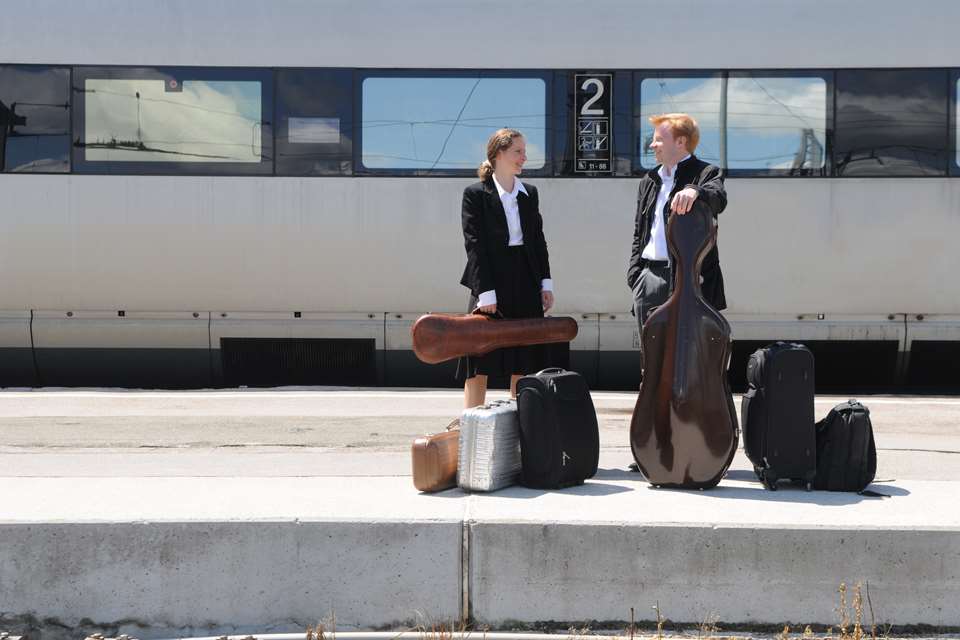Artist Managers: How a sustainable management company is hitting the right notes
Andrew Green
Tuesday, August 22, 2023
Andrew Green explores how sustainability is being championed by new artist management Green Note


Register now to continue reading
Don’t miss out on our dedicated coverage of the classical music world. Register today to enjoy the following benefits:
- Unlimited access to news pages
- Free weekly email newsletter
- Free access to two subscriber-only articles per month



